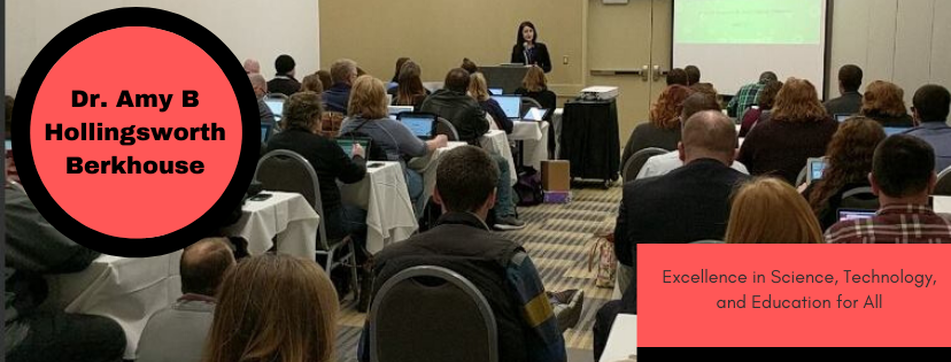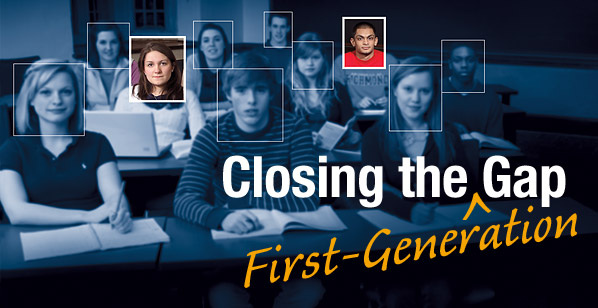Chuck Norris
Instructors are challenged daily by these students, and their misperceptions of “how school works.” There is a certain intersection where each instructor must say, "I deal with my students in context, and I expect my students to understand the reasons for my course being organized as it is, as well."
An excellent instructor explains WHY things are the way they are. I have a giant Google Doc I keep of "canned responses" that are both informative, and kind. When a student asks me about extra credit or makeup exams, I can tell them what the answer is, and why. Sometimes, the answer is that I can't do whatever they ask me, because I can't do it for the 640 students in my class also. Here are some of the canned responses I use:
1. When asked if I can override the school's class limit (usually so they can get into a lab that meets at a different time) - I respond:
"Hello student,
I wish I could help you. The labs for this course are capped at 40 students per section, because each student needs to be seated at a lab station. If this were a lecture, I could help. But I can't for the lab.
My best suggestion is to check back for the course registration daily, so that if someone drops the lab, you can grab it. Otherwise, there are other labs that are still open.
Thanks, and good luck!
Amy"
2. Then, I am often asked if the student can bring a friend /their child/some random stranger to lab with them. I respond:
"Dear Student,
Unfortunately, only the students registered for the lab can come into the lab. Part of this is due to our university liability insurance. The other part is that the TA for the course needs to know exactly is in the room, so they can make sure people don't get hurt. If everyone brought a person to lab with them, that would be 80 people in the lab, which is dangerous.
I appreciate you asking me first. I'm sorry I can't let any additional people into the lab.
Thanks,
Amy"
3. Another is on missed quizzes. Usually, students miss a quiz or two over the course of the semester (they have a weekly quiz). Many ask to make them up. We don't allow makeups (partly because the quizzes are given via computer), and they have the whole week to take them.
"Dear Student,
If you check the syllabus, you will see that there are no makeup for the quizzes. You are lucky that you are allowed two dropped quizzes for the semester, so missing this one won't affect your grade at all. Just make sure you keep coming to class, taking the quizzes when they are open, and studying for them.
If you end up missing more than the two that I drop, please send me the doctor's excuse, and you can take the quiz on paper during my office hours.
Thanks,
Amy"
I dislike courses where the professor is a jerk, and is mean because they don't like students asking those silly *questions*. Like, how dare these students not *get it.* What if they've never encountered the change to "get it?" You can be kind in explaining your pedagogy, and every educator should improve their FAQs regularly. I post a FAQ (Frequently Asked Questions) for my courses, and I find it is really helpful. Having a detailed syllabus is also helpful.



 RSS Feed
RSS Feed
